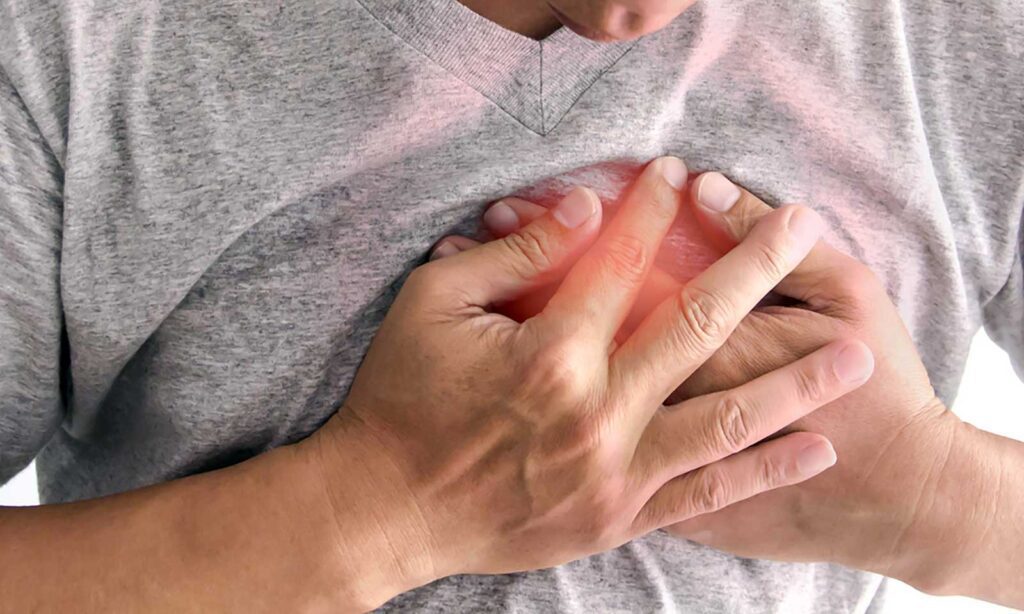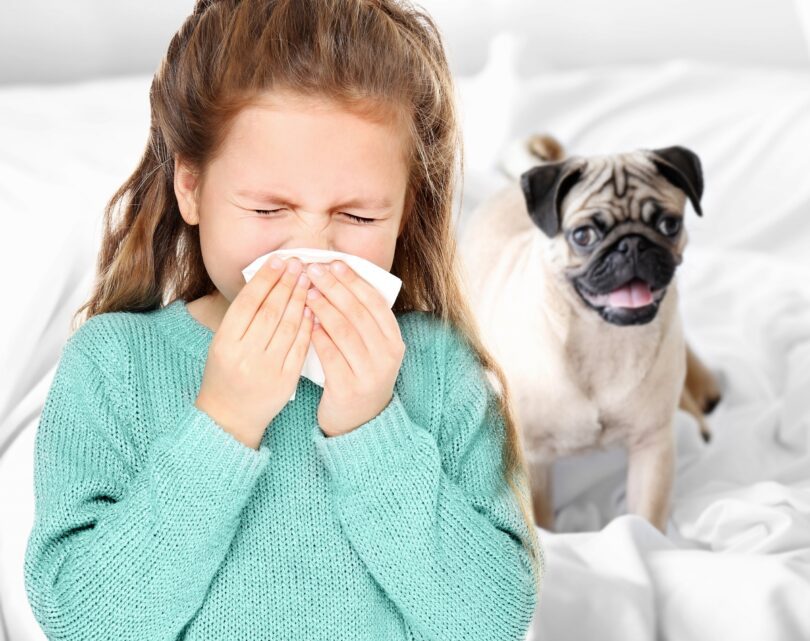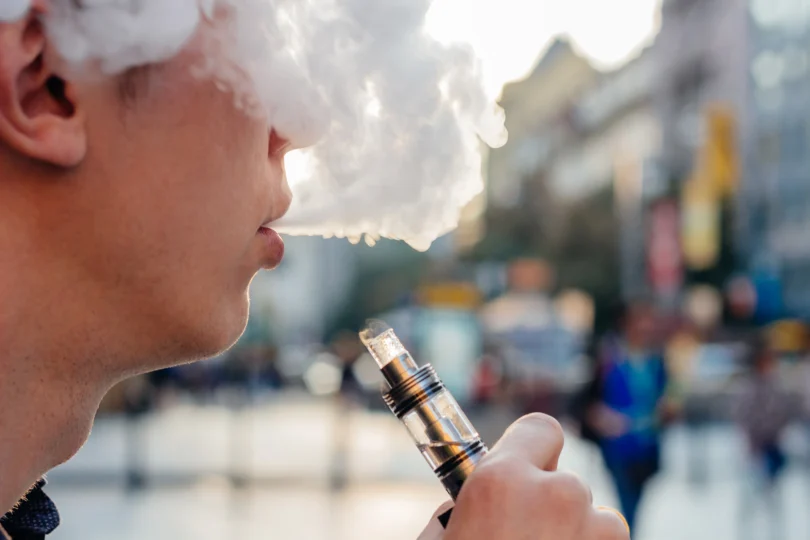
Shortness of breath and anxiety are two common experiences that many individuals face at some point in their lives. While both can be distressing on their own, the intertwining of these two sensations can create a challenging and overwhelming situation. In this comprehensive guide, we will delve into the connection between shortness of breath and anxiety, understanding the underlying causes, and exploring effective coping strategies to manage these symptoms. So, let’s breathe in, relax, and embark on a journey of self-discovery and empowerment.
Section 1: Understanding Shortness of Breath
1.1 What is Shortness of Breath?
Shortness of breath, also known as dyspnea, is the sensation of not being able to breathe deeply or get enough air into the lungs. It can range from mild to severe and may be accompanied by a feeling of tightness in the chest.
1.2 Common Causes of Shortness of Breath
Shortness of breath can stem from various physical conditions such as asthma, chronic obstructive pulmonary disease (COPD), respiratory infections, heart problems, or anemia. Understanding the root cause is essential for appropriate management.
Section 2: The Connection Between Anxiety and Shortness of Breath
2.1 The Anxiety-Shortness of Breath Cycle
Anxiety is a normal response to stress, but for some individuals, it can lead to a heightened awareness of bodily sensations, including breathing. This heightened awareness can trigger a vicious cycle of anxiety leading to shortness of breath and vice versa.
2.2 The Role of Hyperventilation
Anxiety-induced hyperventilation is a common culprit behind shortness of breath. Rapid, shallow breathing can disturb the balance of oxygen and carbon dioxide in the blood, causing a feeling of breathlessness.
2.3 Panic Attacks and Shortness of Breath
Panic attacks are intense episodes of anxiety that can lead to a sudden onset of shortness of breath. Understanding panic attacks and their symptoms can help individuals manage them effectively.
Section 3: Seeking Professional Help
3.1 Differentiating Anxiety-Related Shortness of Breath from Medical Conditions
It is crucial to rule out any underlying medical conditions that may cause shortness of breath. Seeking medical advice can help diagnose any physical causes and ensure appropriate treatment.
3.2 The Role of Mental Health Professionals
Consulting a mental health professional, such as a psychologist or psychiatrist, can be beneficial in addressing anxiety-related shortness of breath. Cognitive-behavioral therapy (CBT) and other therapeutic approaches can be effective in managing anxiety symptoms.
Section 4: Effective Coping Strategies
4.1 Breathing Techniques for Anxiety Relief
Deep breathing exercises, such as diaphragmatic breathing and pursed-lip breathing, can help regulate breathing patterns and reduce anxiety-induced shortness of breath.
4.2 Mindfulness and Meditation Practices
Mindfulness and meditation can assist individuals in becoming more aware of their thoughts and feelings, helping them manage anxiety and reduce the occurrence of breathlessness.
4.3 Physical Activity and Relaxation Techniques
Regular physical activity and relaxation techniques, such as yoga and progressive muscle relaxation, can reduce stress and anxiety, promoting a sense of calmness and improved breathing.
4.4 Lifestyle Modifications for Better Mental Health
Adopting a healthy lifestyle that includes a balanced diet, sufficient sleep, and minimizing caffeine and alcohol consumption can positively impact mental health and overall well-being.
Section 5: Managing Anxiety in Everyday Life
5.1 Stress Management Strategies
Implementing stress management techniques, such as time management, setting realistic goals, and seeking social support, can help alleviate anxiety and its impact on breathing.
5.2 Creating a Support Network
Having a strong support network can provide comfort during challenging times, reducing feelings of anxiety and isolation.
Conclusion
Shortness of breath and anxiety can be formidable foes, but armed with knowledge and effective coping strategies, we can overcome their impact on our lives. Seeking professional help, adopting healthy lifestyle practices, and embracing relaxation techniques are essential steps in managing. Remember, you are not alone, and by understanding the connection between anxiety and breathing, we can take control of our well-being and breathe freely once more. So, take a deep breath, exhale, and embrace the journey of self-discovery and empowerment toward a calmer and more fulfilled life.

Amelya Evelyn is freelance writer, health reporter, and author, she shares her experiences in the hope that others will feel less alone in their health struggles.She loves breaking down complex science and health information, making it easier for people to understand




